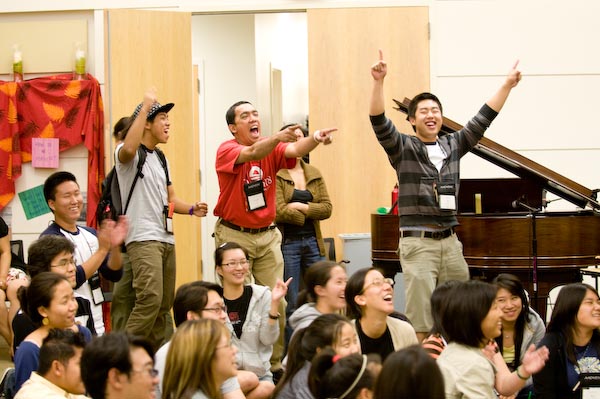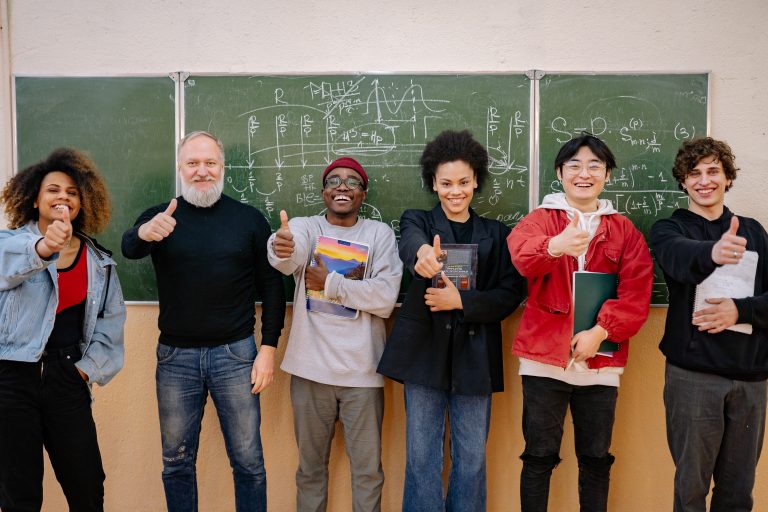What Trans Representation Looks Like in Colombian Media: A Personal Perspective
In a previous article, we looked at the history of trans representation in United States media, where visibility was just 5% in 2023-2024. But what does trans representation look like in other countries? And how does it shape the lives of trans people? We spoke with Pablo Barrera-Lopez, a Colombian geophysicist, to get his perspective on how media has influenced his journey and views on trans portrayal in Colombia.
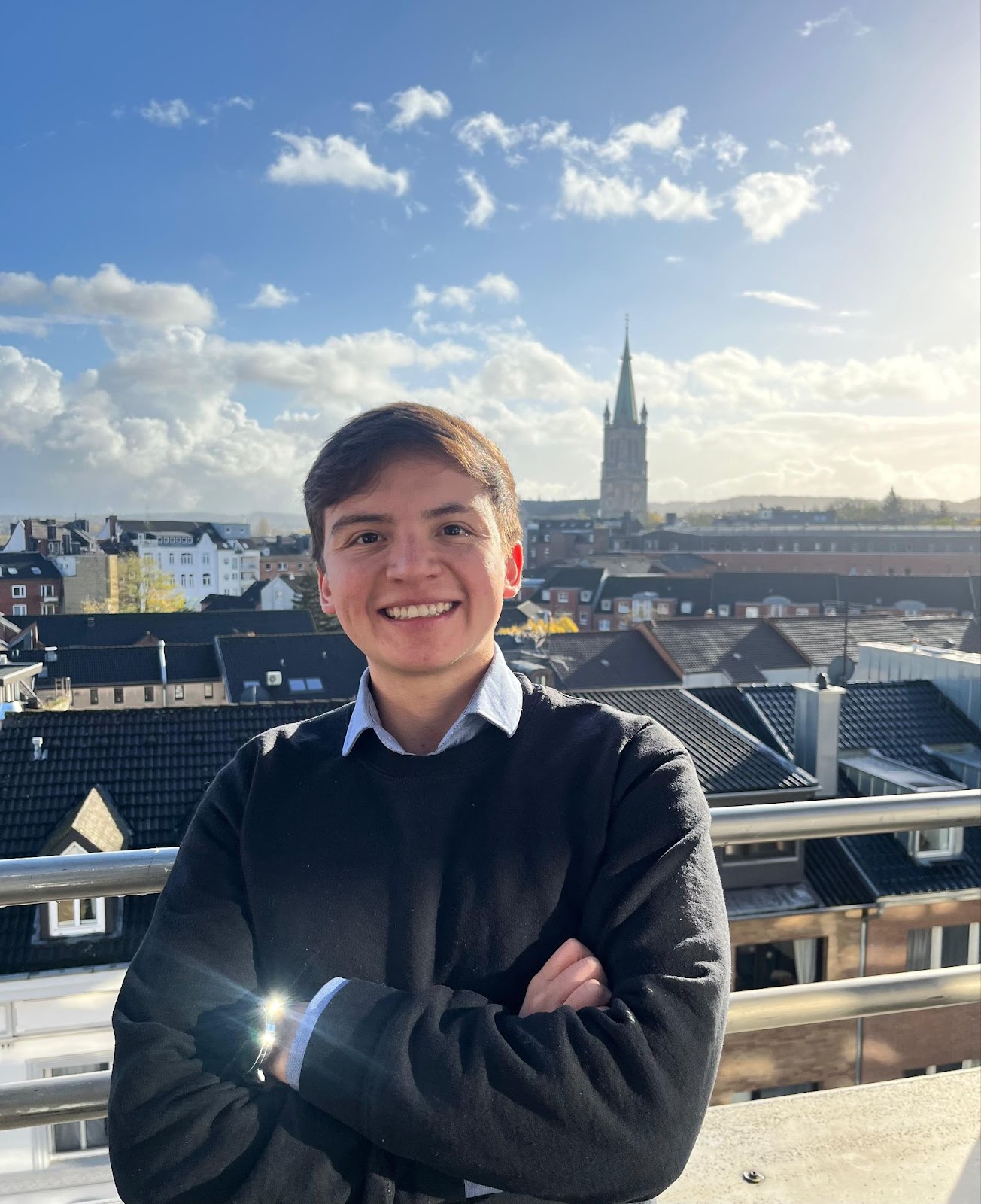
How has media representation impacted Pablo’s journey?
For Pablo, trans representation in media has been both positive and negative.
Growing up, he often felt isolated by portrayals of trans people that were often limited and mocking. Pablo specifically recalls watching 50 First Dates and, as he got older, realizing that many of the jokes were dehumanizing. “It all made me wish to be different, or convince myself that I was not trans. I didn’t want to be condemned to that destiny or be a joke,” he shares.
Over time, though, Pablo began to see more positive examples: Colombian figures like environmental scientist Brigitte Baptiste and model Bella Castiblanco, as well as North American actors like Laverne Cox and Elliot Page. “Also, [on social media,] I started to find trans men sharing their journeys, with all the ups and downs, and how happy they were through it all,” he adds.
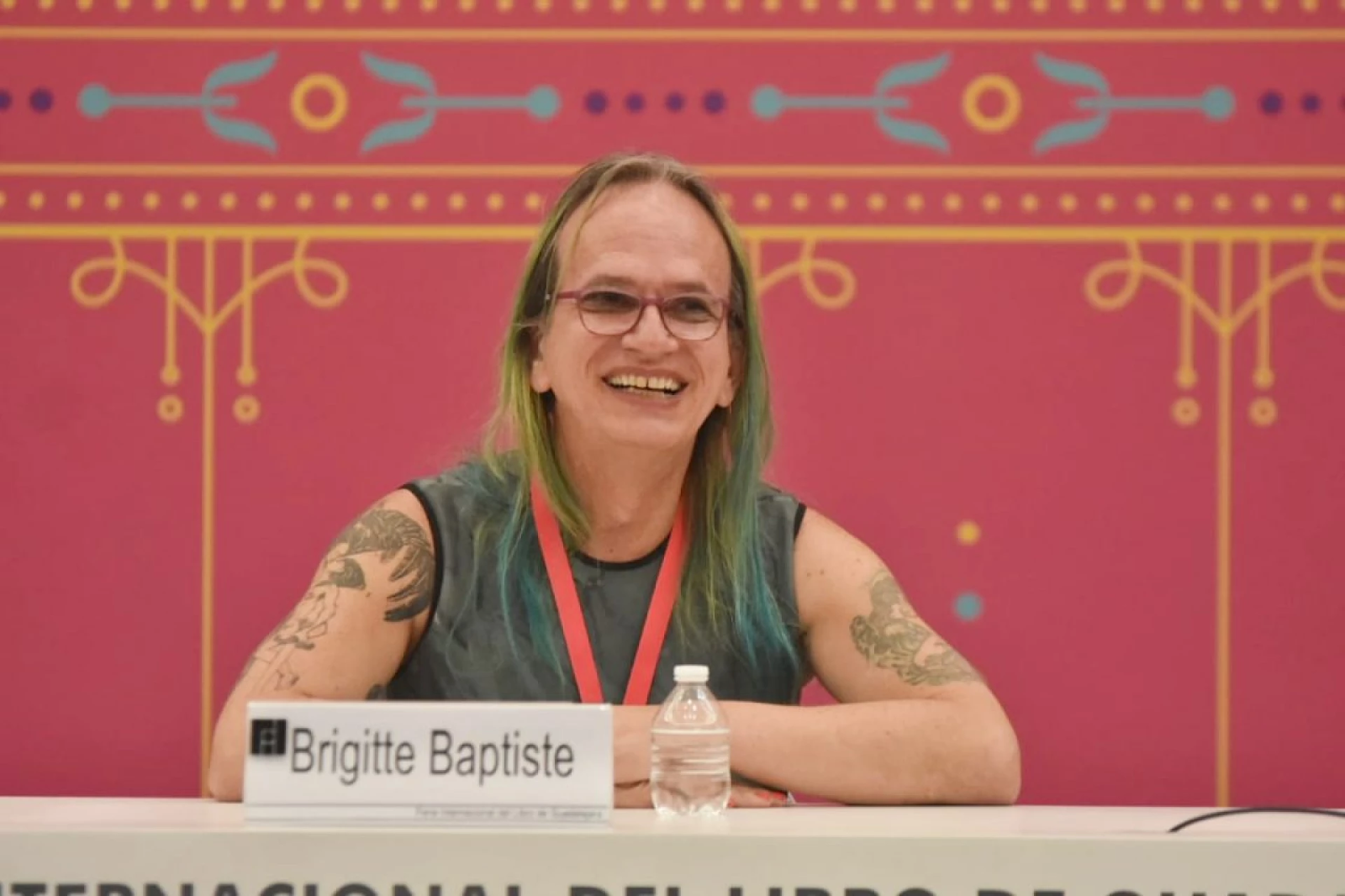
Pablo’s journey was long, but with professional support, self-help, and the right role models, he eventually found the courage to embrace his identity.
How are trans people portrayed in Colombian media?
Pablo says that, although Colombian media is showcasing more and more trans stories, harmful stereotypes are not uncommon. “Comedy shows often feature very muscular cisgender men as trans women,” he says. These portrayals, he believes, spread the idea that trans people are just “pretending” and fuel damaging misconceptions about them being a threat in women’s spaces or competing unfairly in sports.
Another stereotype he has noticed is that trans women are mostly depicted as sex workers. This does reflect the difficult reality many face due to rejection and discrimination but, at the same time, it limits how Colombians view trans people. “It is the reality for many, but […] not because of our true potential,” he notes.
Luckily, there are exceptions:
Colombian reality show La Agencia, a 2019 modeling competition where a trans woman participated, stood out for Pablo. “I was very happy to see that trans people could have different (and positive) roles in our society,” he says. That same year, Brigitte Baptiste became the President of Universidad EAN, a major private university in Colombia. For Pablo, this was another big step forward for trans visibility.
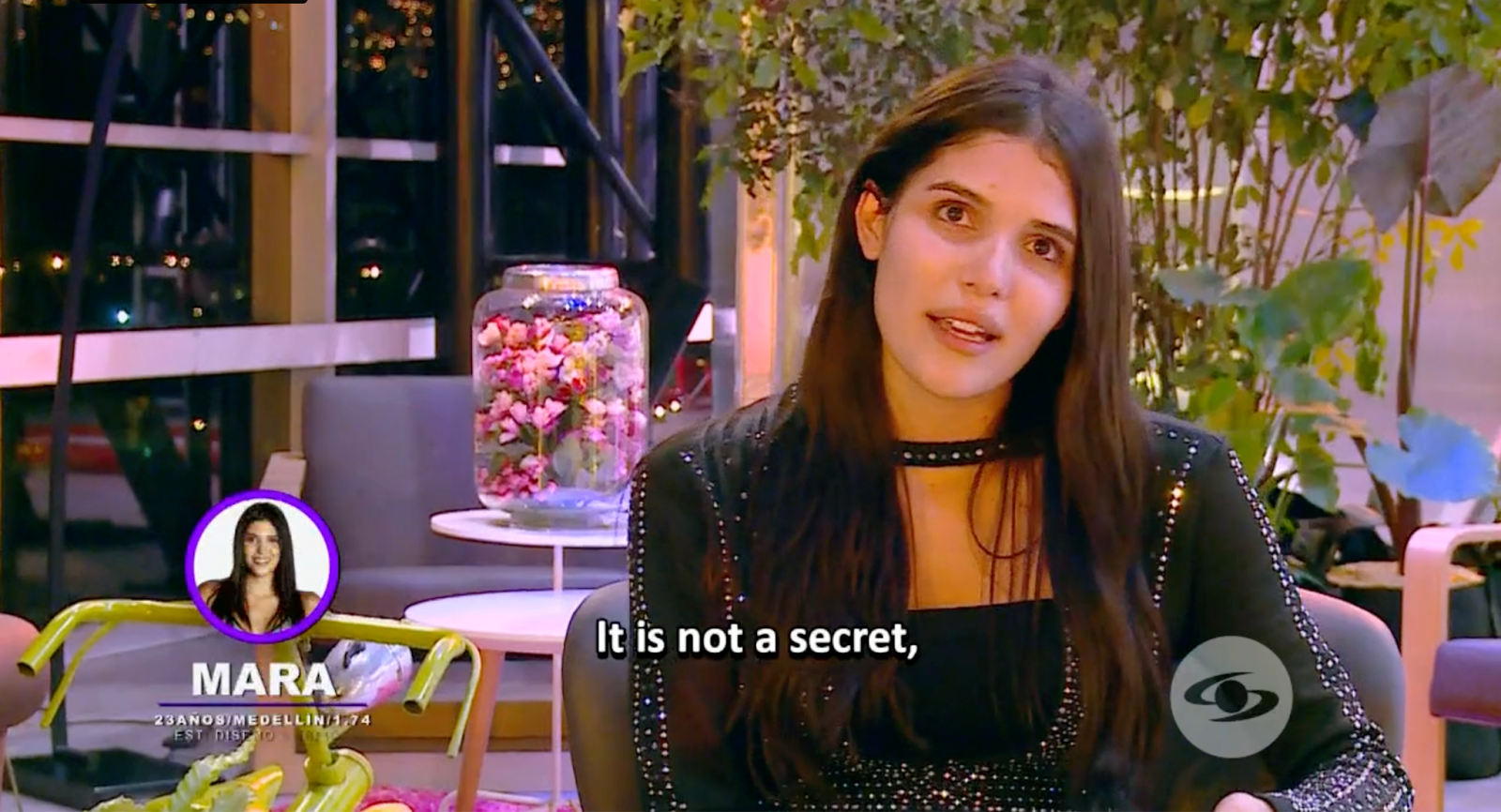
Pablo also recalls an episode of Los Informantes that shared the story of Danne Aro Belmont, a survivor of conversion therapy—a practice that, unfortunately, still exists in Colombia. “It’s sad to know there are a lot of queer people that have gone through this torture,” Pablo says. He appreciates the recent discourse against it and acknowledges the work of those pushing for legal change in the country.
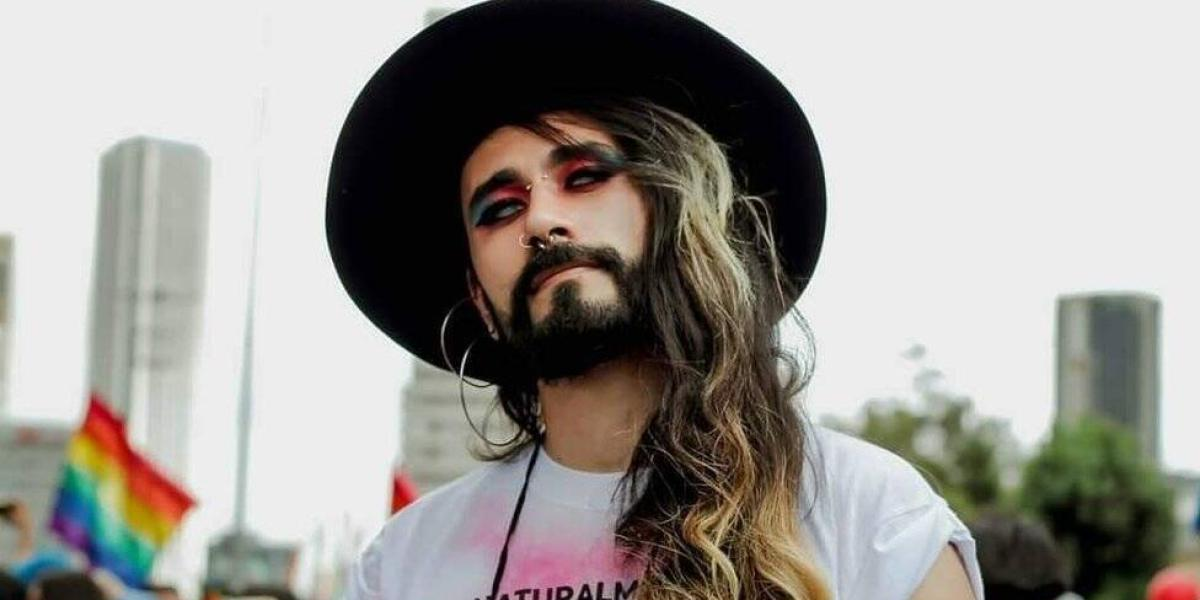
What has Pablo’s experience in Colombia been like?
Compared to many, Pablo feels privileged and recognizes that his experience isn’t the norm: His friends have been supportive, he hasn’t faced physical violence, and he’s even had access to gender-affirming care, despite challenges in the system. “There’s still a lot of misinformation,” he says, pointing out that getting the right healthcare takes time and proper guidance.
In Colombia, awareness of trans issues has grown. However, Pablo says that it’s still a huge taboo for many, which perpetuates misconceptions and risks for the community. There’s a long way to go for widespread acceptance.
What kind of media representation would Pablo like to see?
If Pablo could create a series featuring trans people in Colombia, he would want it to focus on their everyday challenges. For example, the struggle to use a public restroom would seem “ridiculous” if a cis person experienced it. “The goal would be to show that we are not asking for more rights; we are just asking to be treated as equals,” he explains.
More importantly, Pablo would like to see Colombian media focus on trans people just living their lives, beyond their transition. He wants to see stories that break stereotypes and celebrate trans people for who they are and their contributions.
Who or what inspires Pablo to embrace his identity?
For Pablo, fully embracing his identity came after a low point, when he realized he couldn’t keep pretending to be someone he wasn’t. Therapy helped him see that transitioning was the right choice for his mental health, though he understands that it might not be everybody’s solution to everything.
“Right now, what motivates me most is seeing in the mirror what I’ve always wanted,” he says, “I’m motivated because I feel like I am the owner of my happiness and my life.” His journey is about living authentically and finding joy in finally being himself.
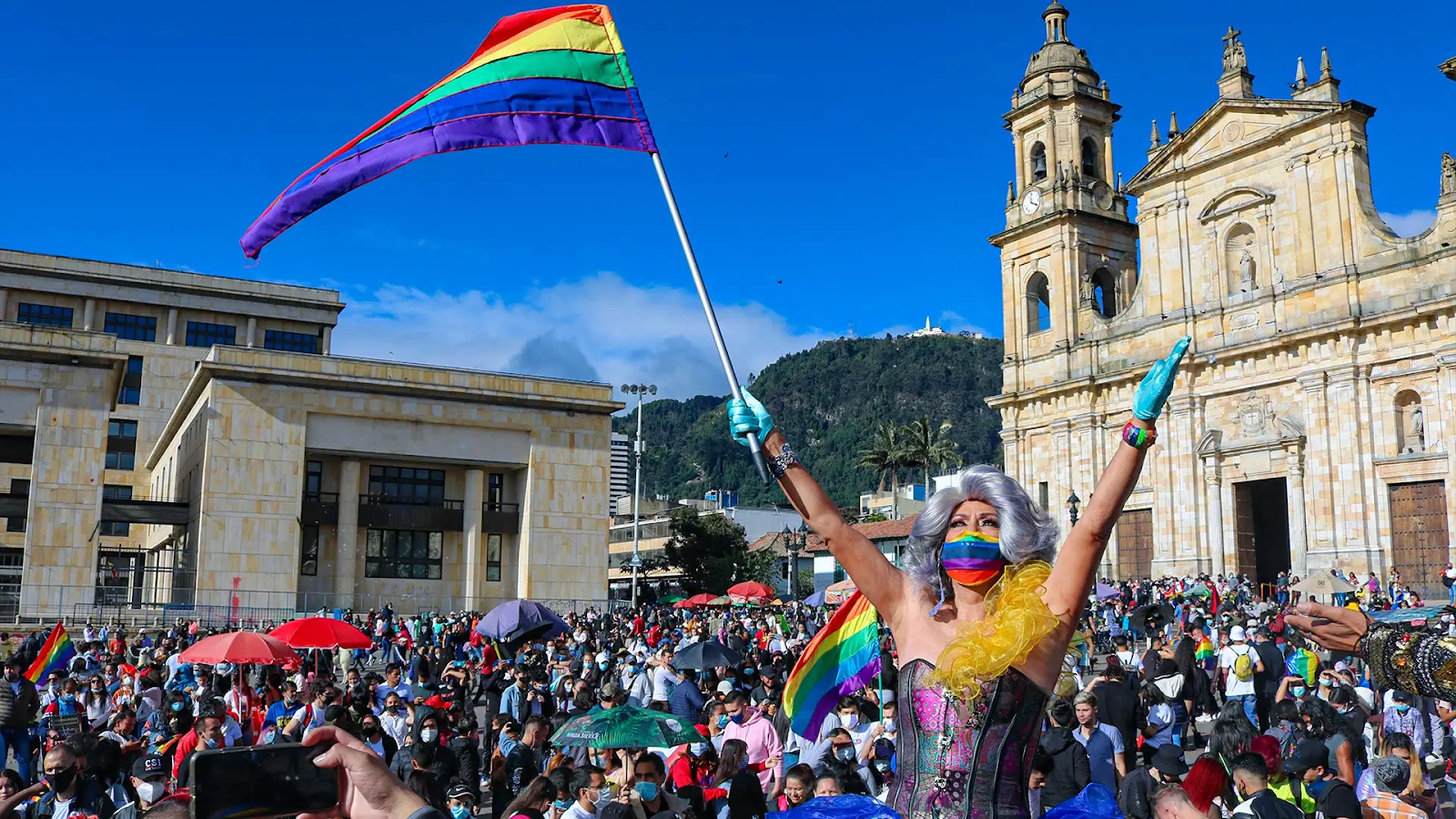
Pablo’s story further shows the power of real, varied representation. It proves that media greatly impacts how people like Pablo see themselves and their place in the world.
